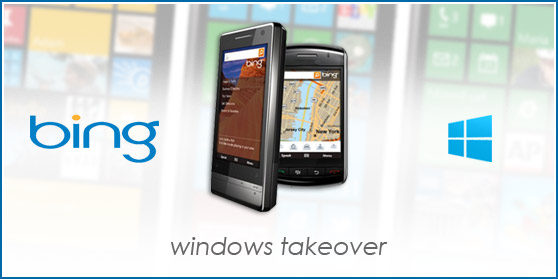Having a smartphone is no longer a luxury, but rather it has become a necessity for a hefty percentage of adults. According to reports by Pew, comScore, and Nielsen, roughly 60% of phone owners here in the US (which is over 90% of the population) have a smartphone. The days of the basic phone with simple features for calling and texting will soon vanish as the increasing desire for constant access to search, email, video chat, music, movies, maps, traffic, and much, much more continues to grow.
Understandably, numbers reveal that age and income do play roles in who owns a smartphone, and what type of smartphone they choose, but the fact of the matter is that smartphones have taken over. According to IDC, an IT consulting and device-tracking firm, it is estimated that, by the end of 2014, about 80% of all phone owners in the US will own a smartphone.
Of the available smartphone operating systems, Pew’s surveys show that Apple’s iPhone has captured the hearts of about 25% of the market while 28% have Android versions and the small remaining five to seven percent own either a BlackBerry or Windows phone. While Android users are compiled by a more diverse group of people, iPhoners are “more affluent”.
The Forced Evolution of Mobile Marketing
Along with the evolution of what type of phones people use comes the inevitable transformation of mobile marketing. For example, due to the increase in smartphone usage, SMS-based (text) social media marketing is beginning to fizzle. Why? There are many more effective ways to capture attention. Twitter, Pinterest, Facebook and other avenues of socializing with the online community are now the savvy way to make a statement to those on the go. With pictures, sound and endless opportunity to entertain consumers, advertisers are cashing in by making bigger statements via smartphone technology.
Bing Marketing & Google Marketing
There’s no doubt that Windows Phones are gaining popularity. Consumer studies by Kantar reports show that people who switched to a Windows Phone were upgrading from an old “not-so-smartphone” (aka feature phone) or previously had another Windows handset. Only about one quarter of Windows Phone users switched from Android to Windows.
It’s easy to assume that people who feel comforted by choosing a Windows Phone are used to Windows vs. using a newer operating system, such as those used by iPhone and Android. People are also learning more about what they want out of a smartphone and what’s available.
A significant foreseeable change to mobile search due to increasing popularity of the Windows Phone is the rise in Bing searches and decline of Google search users. Since the Windows Phone utilizes Bing, it’ll become more of a standard as people use this phone.
What Does This Really Mean To You?
It means that you need to keep up with the shifts users are making in order to ensure you’re in the faces of the right people.
Advertisers will need to consider the percentages of users on different operating systems and spread their dollars across more than just one search engine. Since Bing offers a lot of the same types of search as Google, it’ll really mean duplicating your advertisements but aiming them at the different users. This is where demographics will become most important. Depending on what type of goods and services you’re selling will determine where more of your mobile marketing dollars should be spent.


 Crestview Dental Group Work Highlight
Crestview Dental Group Work Highlight  7 Ways Web Presence Optimization Can Generate Local Business
7 Ways Web Presence Optimization Can Generate Local Business  Top SEO Factors for Improving Your Ranking in Local Search Results
Top SEO Factors for Improving Your Ranking in Local Search Results  Time is Shrinking and Your Message Needs to Fit Within Micro Moments
Time is Shrinking and Your Message Needs to Fit Within Micro Moments  Is Your Business Benefiting From the Increase in Local Searches?
Is Your Business Benefiting From the Increase in Local Searches? 